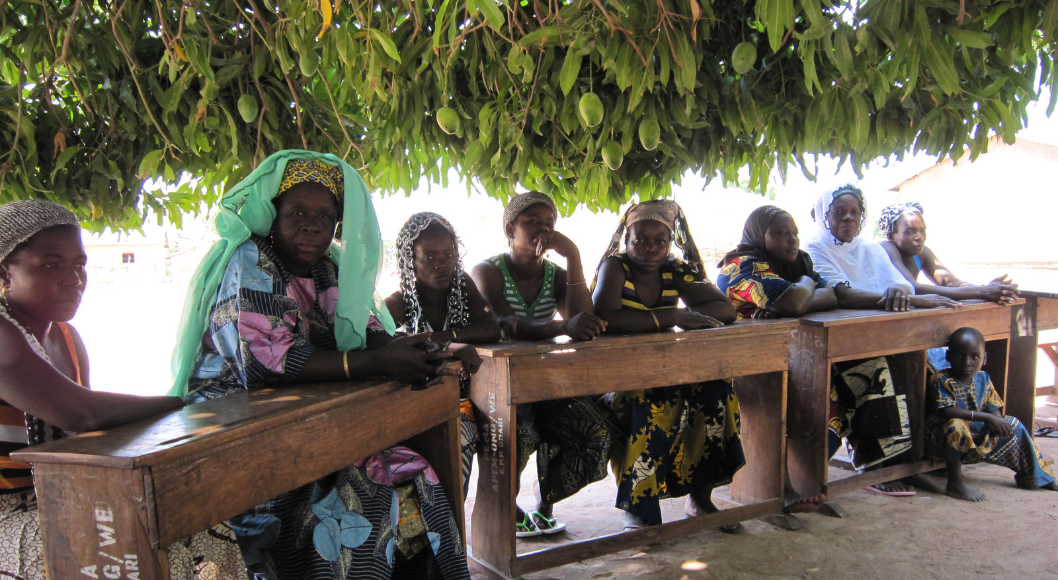The Women-led, School-based Agroforestry Project in Benin strengthens the capacity of Mother’s of Students Associations (AMEs) in northern Benin to address poverty and biodiversity loss by using schools as hubs for reforestation and agroforestry activities. These activities expand forested habitats to increase biodiversity, generate income for the school and community, increase food security by providing climate resilient crops to school canteens, and provide a leadership platform for women to champion the environment and alternative income opportunities.
The Project builds on World Education’s renowned mothers’ association (AME) model established in Benin. AMEs are a way for women, who in Benin and many other places are excluded from school- and household-level decision-making, to be involved in and make decisions about children’s education and life. Often, AMEs do this by organizing microenterprises whose proceeds benefit schools.
The Project will support AMEs and agricultural workers to establish agroforestry plots. Agroforestry, the practice of integrating native tree and shrub species into agricultural systems, can mitigate and increase resilience to climate change. The agroforestry systems will also provide a sustainable approach to growing cash crops for AME-run income-generating activities and sustenance for school canteens.
The Project builds on Alafia's extensive experience supporting agricultural development in Northern Benin and World Education's more than 30 years of experience running farmer field schools. Farmer field schools use hands-on learning and other adult education techniques to train farmers and agricultural workers on biodiversity-sustaining agriculture.
Because the AMEs will establish agroforestry plots on or in close proximity to schools, the plots serve as experiential, project-based learning opportunities for school children. The Project works with school leadership to leverage the plots to enhance learning.
Through the Project, AMEs are working to mitigate the effects of climate change and environmental degradation through education and socioeconomic development in Benin.





